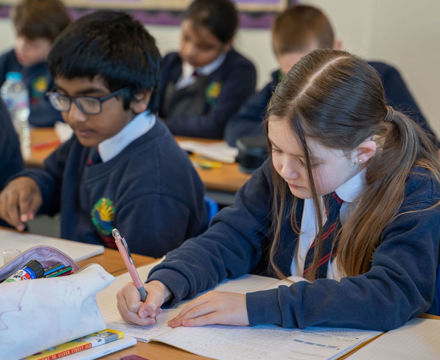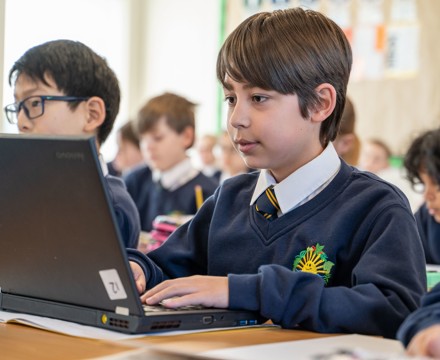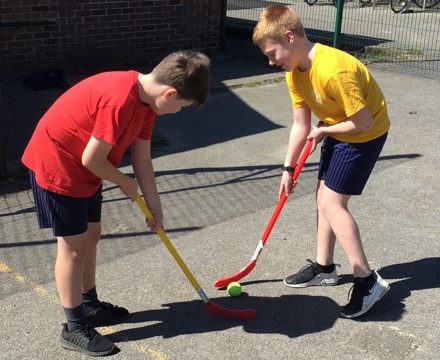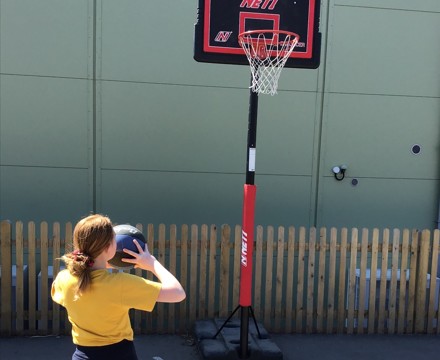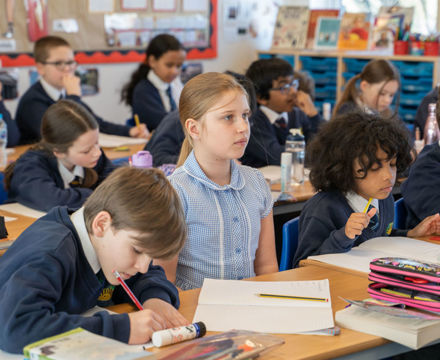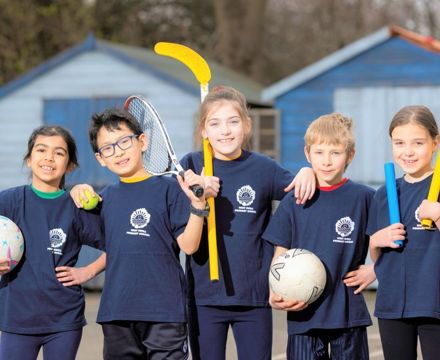Autumn Term 2025

Year 6 Word Aware words for Autumn 2
Year 6 Parent Information Slides 2025
Year 5/6 Common Exception Words
Year 6 SATs Information Slides 2024
Year 6 SATs Guidance for Parents
Buddens Activity Centre Information Slides 2024
English
In Year 6, children continue to develop their independence and enthusiasm for writing. We focus on ensuring that the audience and purpose are at the heart of all choices the pupil makes during writing composition. As well as this, high expectations continue when focusing on handwriting, spelling, punctuation and grammar.
Each half term, pupils focus on a different writing purpose (entertain, persuade, discuss and inform) which is inspired by a thematic approach. Over a two-week period, they will have opportunities to write for three different outcomes and to embed the key skills taught e.g. To entertain: diary entry, letter, narrative In the final stages of composition, pupils will refine their proof-reading and editing skills before publishing their final draft for a wider audience.
During weekly reading lessons, children continue to embed their VIPERS skills as well as instilling a love of reading through a variation of texts. Independent reading is protected every day and is vital to promote pleasure for reading. Pupils use 'Accelerated Reader' to select books and to track their own progress, this really fosters independence and accountability. In addition, this monitors and informs the class teacher too.
Support is offered through targeted interventions and personalised targets. Teachers and learning assistants give constructive feedback during lessons, as well as facilitating and encouraging self and peer assessment.
Maths
In Year 6, the focus remains on increasing fluency and accuracy within various methods. We follow the White Rose scheme of work to to enable children to master an understanding and love of maths. Children work independently and collaboratively using a range of manipulatives. They are encouraged to develop reasoning skills by exploring and recording different methods when solving a problem and explaining their preferred method. We offer preteaching, consolidation groups for those who may need some support as well as challenge activities.
We expect children to continue to learn their times tables at home and we have regular quizzes at school to develop rapid recall and application of these number facts.
Science
The focus of our science teaching in upper Key Stage 2 is to enable pupils to broaden their scientific view of the world around them. We do this through exploring, talking about, testing and developing ideas about everyday phenomena and the relationships between living things and familiar environments. We encourage the children to ask their own questions and make some decisions about which types of scientific enquiry are likely to be the best ways of answering them.
In Year 6, our topics will cover living things and their habitats, using the scientific enquiry skill of classification; animals including humans, focusing on the circulatory system; evolution and inheritance, understanding the difference between acquired and inherited traits; electricity and light.
Spiritual, Moral, Social and Cultural Development (SMSC)
All of our learning is linked to our school mission statement and school aims. Our whole school values of resilience, respect, resourcefulness, responsibility and being reflective are embedded throughout the curriculum and help to develop SMSC. We promote the British values across the curriculum. During our PSHE lessons we allow children time to discuss moral and social issues and coach them to resolve any problems they may face. We have developed an environment where all children respect and celebrate cultures and languages. We celebrate positive behaviour choices through class reward systems, our whole school house system and celebration assembly.
Top Tips for Year 6 Parents
- Encourage and help your child to become independent and responsible for organising themselves for school. Stepping back just a little more than in previous years.
- Encourage and help your child to be self-sufficient and proactive in sorting out friendship issues without adult intervention first.
- Encourage your child to develop routines and identify a regular time for completing home learning each week such as independent reading, homework and additional learning.
- Spend time finding books that promote pleasure for reading and interest your child. Encourage them to read books at the appropriate level for them and complete the Accelerated Reader quiz at school.
- Visit the library and museums regularly.
- Look for opportunities to recall well-known mathematical facts such as times tables, relationships between fractions, decimals and percentages, shape vocabulary and properties, time and measure etc…
- Talk as a family about your day.
- Talk to children about their use of technology and remember that most social media websites require children to be 13 or older.
Homework
You can find our KS1 and KS2 Homework Policy here.
Our approach to homework is one where we believe that homework should complement our learning in school and not be a stressful experience at home.
Parents are key educators in their children’s lives and have a critical influence over the success of children’s learning. We suggest that in the early stages of a child’s school life at least 10 minutes is set aside each day to talk to your child about their learning, to read with your child, play games and develop their self-help skills.
As your child moves through the Primary phase they will begin to have more formal tasks such as learning multiplication tables and spellings, projects; and be expected to work for longer periods and with increasing independence.
Homework can also be a walk in the park, a swimming trip, baking, an art activity, visiting family.
For the full version of the spelling lists, please click on the following link:
To find out more about the curriculum we follow, please click on the following link:


